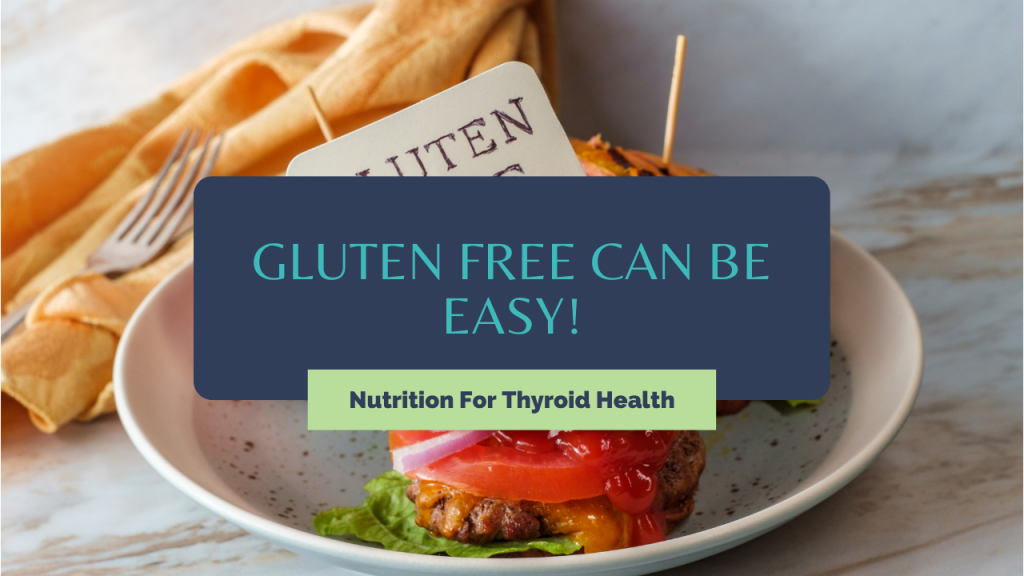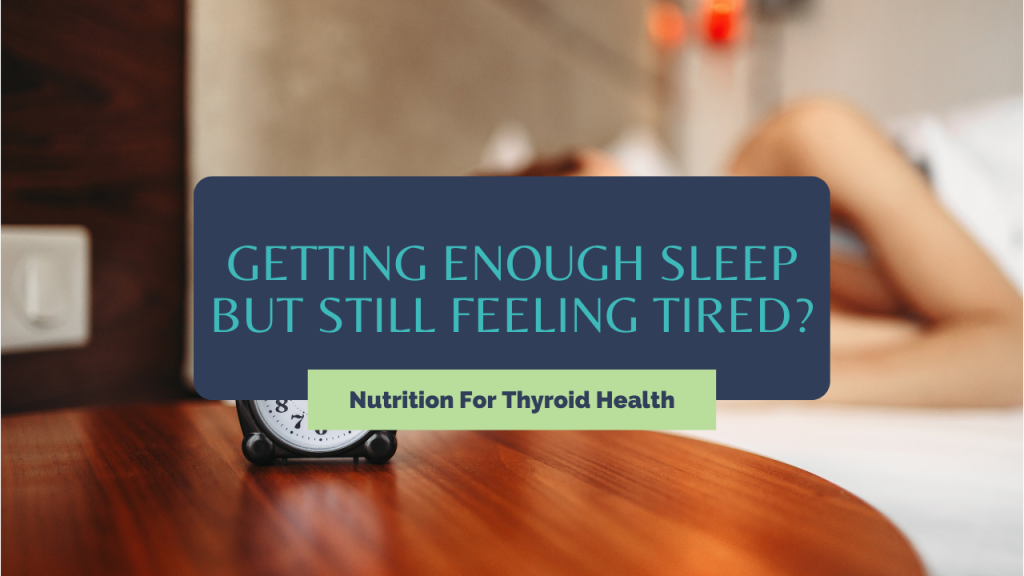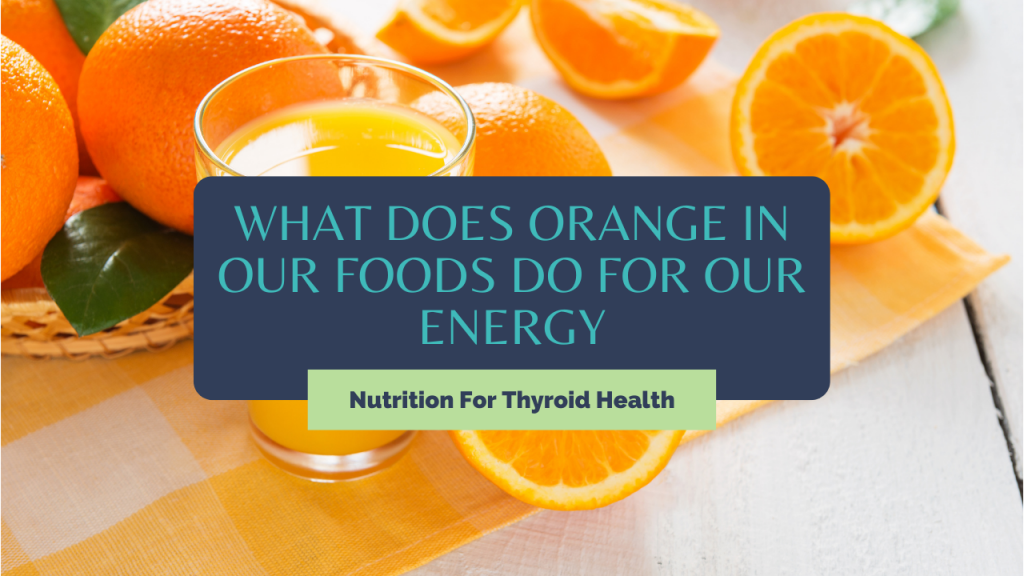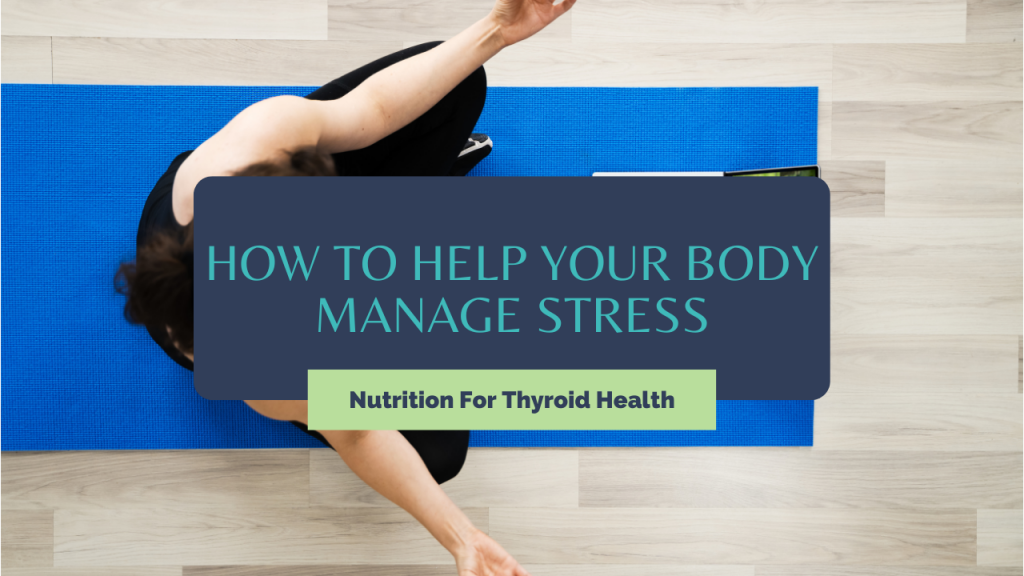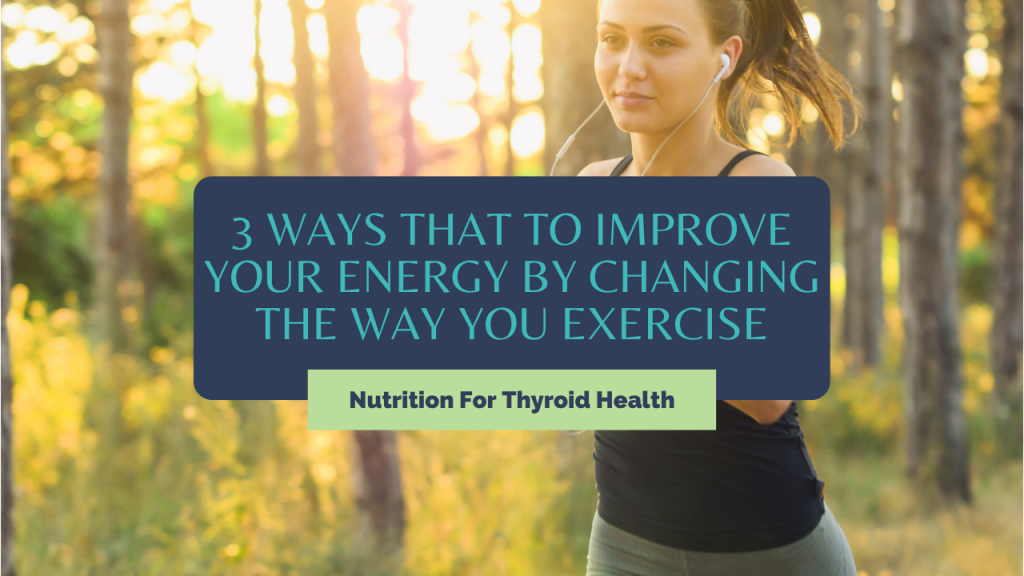Gluten Free Can Be Easy!
Gluten is a type of protein found in wheat, rye and barley. For some people, consuming gluten can cause health problems. If you have celiac disease, for example, eating gluten triggers an immune response in your small intestine that leads to damage. For others, going gluten-free may help with digestive issues, fatigue or other symptoms.
There are many delicious and healthy foods to choose from when following a gluten-free diet. With a little creativity and effort, you can make meals that are not only nutritious but also enjoyable to eat.
Here are some tips on how to incorporate a gluten free diet:
Why Go Gluten Free?
If you have celiac disease or non-celiac gluten sensitivity, you need to avoid gluten to stay healthy. For some people, avoiding gluten can also help with digestive issues, fatigue or other symptoms.
What Does Gluten Free Do to Your Body?
For people with celiac disease, consuming gluten triggers an immune response in your small intestine that leads to damage. For others, going gluten-free may help with digestive issues, fatigue or other symptoms.
Best Gluten Free Foods to Incorporate into Your Diet
There are many delicious and healthy foods to choose from when following a gluten-free diet. With a little creativity and effort, you can make meals that are not only nutritious but also enjoyable to eat.
-
- Sweet Potatoes: Sweet potatoes are a nutrient-rich food that are naturally gluten-free. They’re a good source of fiber, vitamins A and C, and potassium.
- Fruits and Vegetables: Fresh fruits and vegetables are always a good choice for a healthy, gluten-free diet. There are many fruits and vegetables that are naturally gluten-free, such as apples, bananas, oranges, carrots, and potatoes.
- Beans and Legumes: Beans and legumes are a good source of protein and fiber. They’re also naturally gluten-free. Some examples include black beans, kidney beans, lentils, and chickpeas.
- Nuts and Seeds: Nuts and seeds are a healthy, gluten-free option. They’re a good source of healthy fats, fiber, and vitamins and minerals. Some examples include almonds, cashews, pumpkin seeds, and sunflower seeds.
- Gluten-Free Flours: There are many types of gluten-free flours that can be used in place of wheat flour. Examples include almond flour, coconut flour, and rice flour.
- Meats: Most meats, including beef, chicken, pork, and fish, are naturally gluten-free.
Why Can’t People with Celiac’s Disease Eat Gluten?
Celiac disease is an autoimmune disorder that affects the digestive system. When people with celiac disease eat gluten, their body mounts an immune response that attacks the small intestine. This can lead to damage of the lining of the small intestine and problems with absorption of nutrients from food.
General tips
Here are some general tips for following a gluten-free diet:
• Read Labels Carefully: Gluten can be found in many processed foods, so it’s important to read labels carefully. Look for products that are labeled “gluten-free,” “certified gluten-free” or “made with no gluten-containing ingredients.”
• Avoid Cross-Contamination: When preparing food at home, be careful to avoid cross-contamination. Use separate cutting boards and knives for gluten-containing and gluten-free foods and wash your hands thoroughly after handling gluten-containing foods.
• Be Aware of Hidden Sources of Gluten: Gluten can be found in many unexpected places, such as in medications, lipstick and playdough. When in doubt, check with the manufacturer to see if a product contains gluten.
Following a gluten free diet can be healthy and delicious! With a little creativity and effort, you can make meals that are not only nutritious but also enjoyable to eat.
Download My Gluten-Free Meal Plan
Feed your body well, listen to it, and you will benefit in the long run. In my free meal plan, you’ll get 7 breakfasts, 7 lunches, 7 dinners and 7 snacks that help you do just that. Download my free 7 day meal plan and you’ll get an introduction to eating balanced meals and snacks.
Let’s Connect!
Say goodbye to fatigue and hello to a full and vibrant life! Join me over in my Facebook group where we are talking all about how to take back control of your health!
Be sure to follow me on my Facebook, TikTok, Instagram and Pinterest for tips and tricks on how to use nutrition to live your very best life!
Gluten Free Can Be Easy! Read More »

